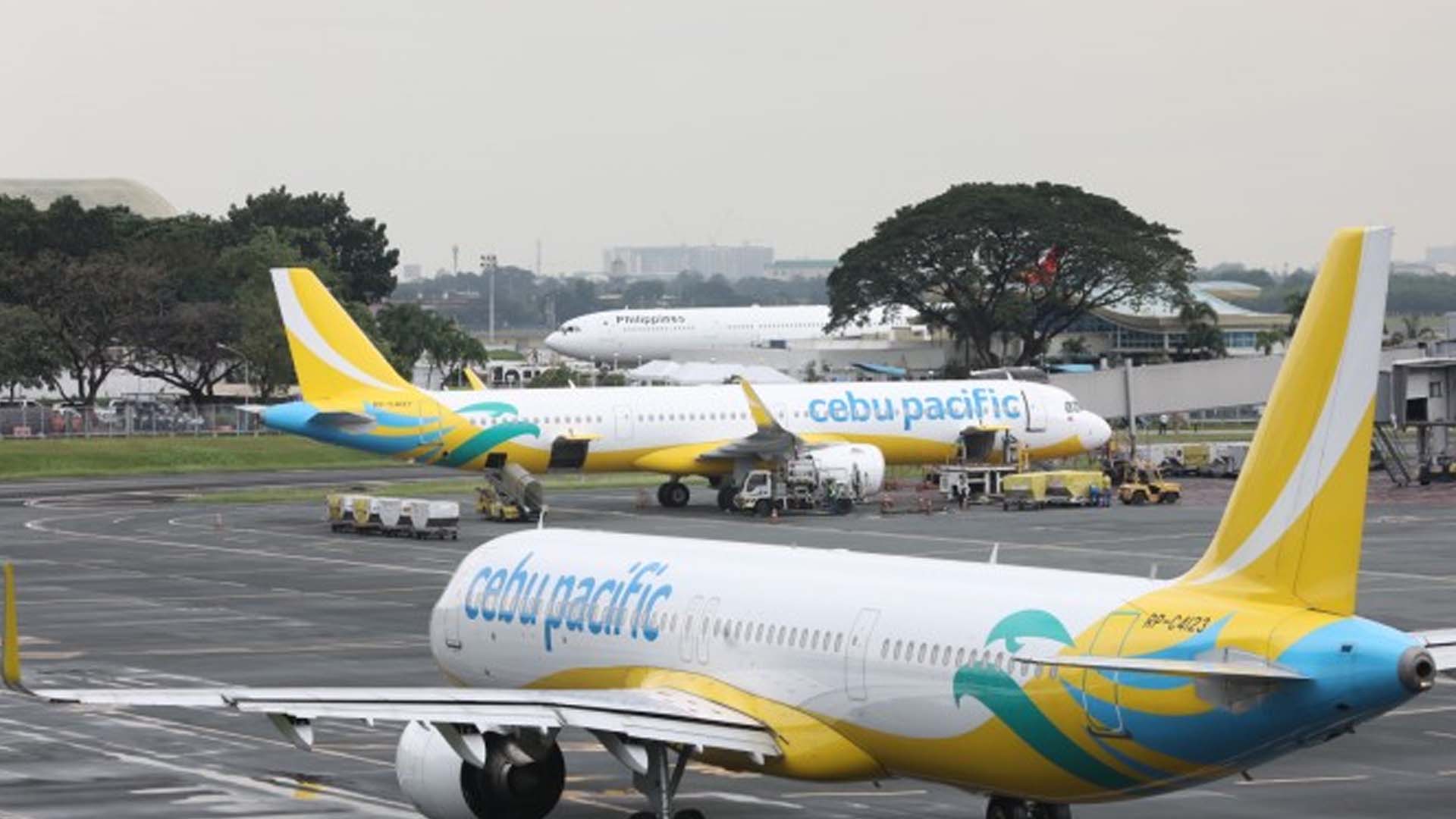The Department of Energy (DOE) said it is collaborating closely with the country’s aviation sector and international partners for the use of sustainable aviation fuel (SAF).
In a statement Monday, the DOE said SAF is an environmentally sustainable and chemically identical alternative to fossil fuel-based aviation fuel.
The DOE said in the Philippines, one potential feedstock for SAF is coconut oil (CNO), which is also used for biodiesel production.
“The use of SAF is intended to reduce the carbon footprint associated with aviation operations. This alternative fuel source, derived from renewable feedstock, holds the potential to lower greenhouse gas emissions (GHG) while ensuring the highest safety and performance standard,” DOE Undersecretary Alessandro Sales said.
“As a commitment to creating a sustainable aviation transport sector that will contribute to the broader national efforts towards a low-carbon future, the DOE is working to establish the necessary framework and regulations to support the adoption of SAF,” Sales added.
According to the DOE, another initiative that aims to decarbonize the commercial aviation industry is the Carbon Offsetting and Reduction Scheme for International Aviation (CORSIA).
CORSIA, which was established by the International Civil Aviation Organization (ICAO), offers a harmonized way to reduce emissions from international aviation.
It allows the use of SAF derived from biomass or waste resources to reduce the carbon offsetting requirements of airlines.
Under the CORSIA’s timetable, participating ICAO Member States which include the Philippines, are mandated to comply with the CO2 off-setting requirements by 2024-2026 while the mandatory compliance was set for 2027-2035.
In February this year, a stakeholders meeting was held among the DOE, CAAP, Philippine National Oil Company (PNOC) and the European Aviation Safety Agency (EASA) to discuss the potential advantage of exploring SAF in the country in preparation for CORSIA’s compliance by 2027.
EASA has also prepared a proposal for the SAF readiness evaluation for the Philippines which is expected to be completed by the end of the year. (PNA)









